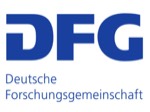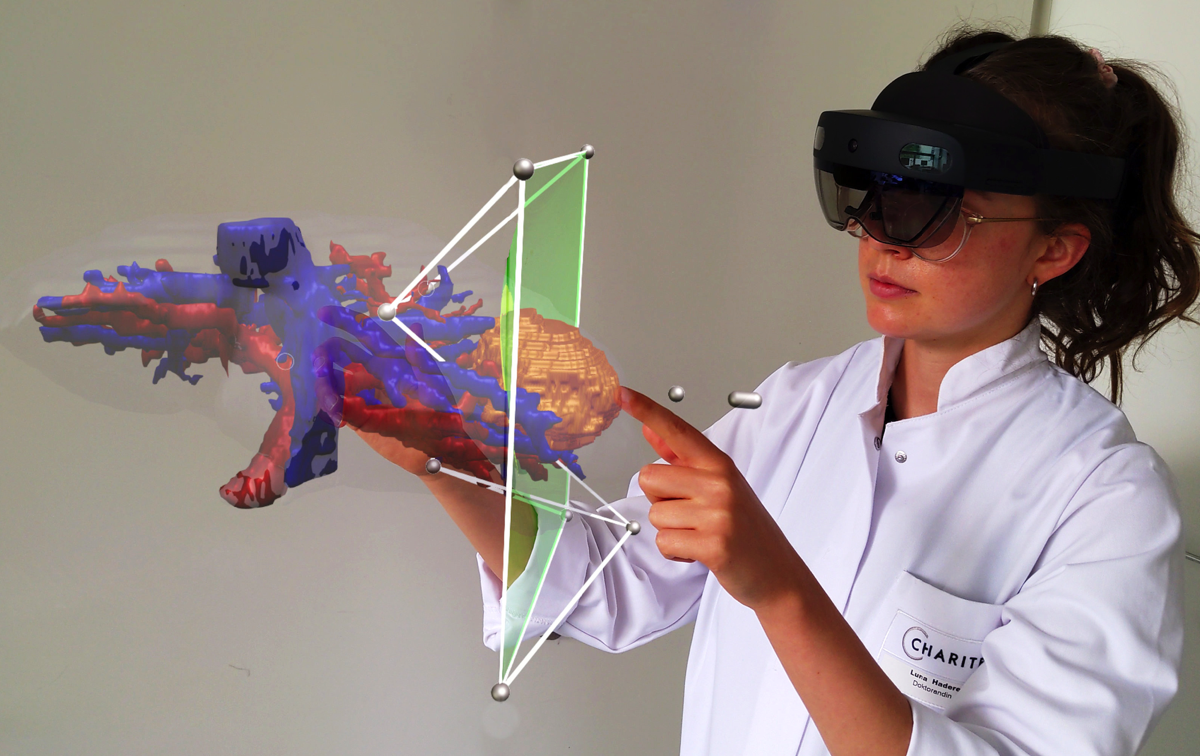New DFG project "4D Imaging"

The term 4D imaging refers to a new form of digital visuality in which image, action and space are inextricably interwoven. 4D technologies capture, process and transmit information about physical space and make it computable in real time. Changes due to movements and actions become calculable in real time, making 4D images particularly important in aesthetic and operational contexts where they reconceptualize various forms of human-computer interaction. The 4D Imaging project responds to the growing need in medicine to understand, use, and design these complex imaging techniques. It transfers critical reflexive knowledge from research into clinical practices to enable surgeons to use and apply 4D Imaging techniques. Especially in surgical planning, 4D Imaging techniques may improve the understanding and accessibility of spatially complex anatomical structures. To this end, the project is developing approaches to how 4D imaging can complement and transform established topographic ("2D") imaging practices.
